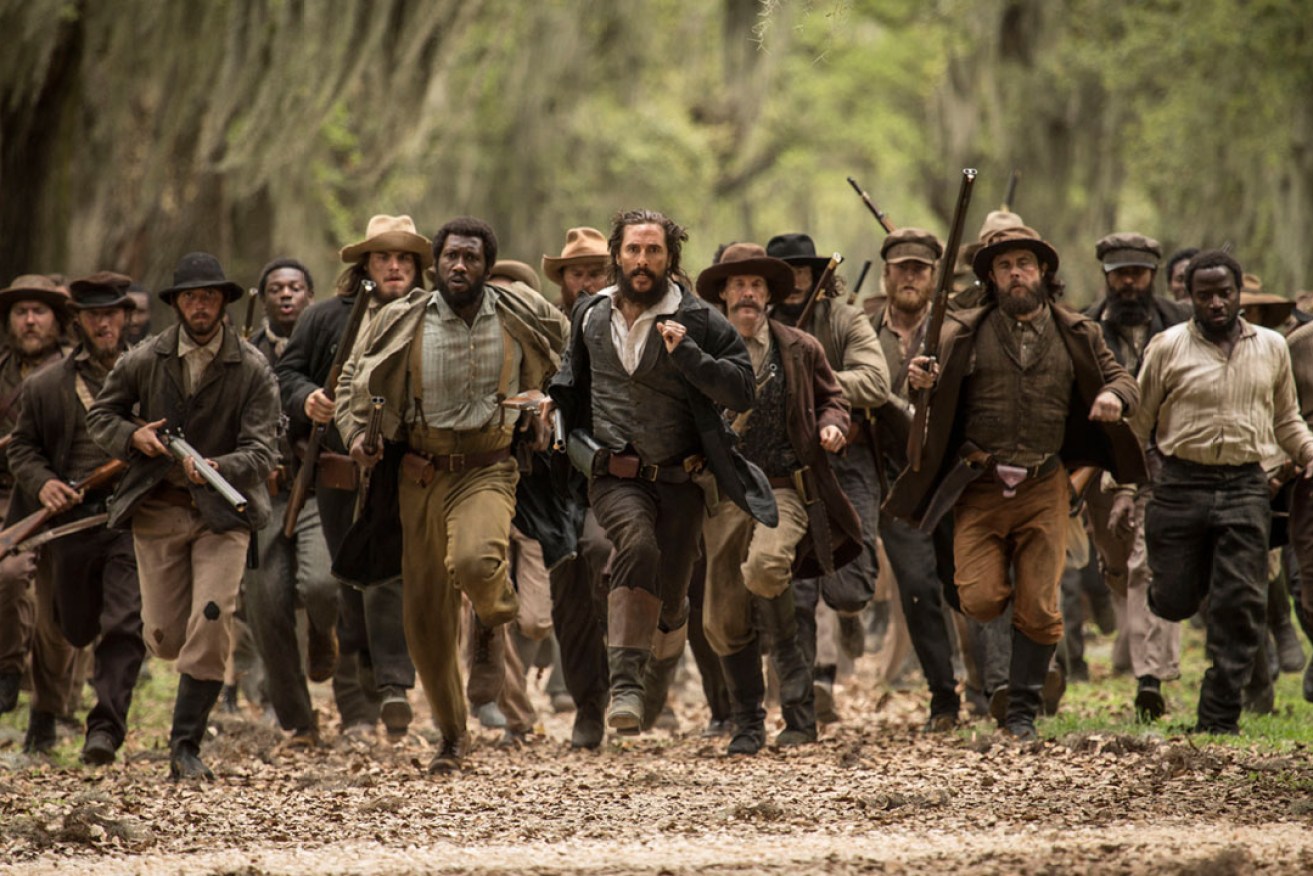Film review: Free State of Jones
‘The Free State of Jones’ is a gritty and traumatic Civil War drama that delves deeply into the issues of racial segregation, liberty and the will of freed men.

Matthew McConaughey plays disillusioned confederate soldier Newton Knight, who works as a medic on the frontline of the American Civil War. After watching his nephew die on the battlefield and struggling with the cause for which he fights, he decides to leave the war behind and return home to his farm and family in Jones County, Mississippi.
Branded a deserter and an outlaw, he familiarises himself with a group of escaped slaves and sets about protecting and liberating Jones and subsequent counties from hefty confederacy taxation.
Meanwhile, 85 years later, Newton Knight’s great-great-great-grandson still fights for equality in a Mississippi courthouse after discovering he is one-eighth African-American.
Based on true events and directed by Gary Ross (screenwriter for The Hunger Games), The Free State of Jones attempts to tread the fine line of creating a narrative while also feeling like a documentary. It’s an approach that has been applied to many recent movies based on true events, including Alejandro Gonzalez Inarritu’s The Revenant.
Ross combines stunning visuals with Nicholas Brittell’s slow and eerie soundtrack and minimal dialogue to place the audience within the scenario.
McConaughey is predictably excellent, working with what seems like a very short script for such a long film. His ability to convey deep emotion while remaining stony-eyed creates an air of infallibility, and parallels the legendary status that Knight – resolute and uncompromising in his beliefs – holds in real-life Mississippi folklore.
The technical elements of the film are incredible: grisly prosthetics and make-up give a shocking indication of the true horrors of the American Civil War. Likewise, the costume and set design are excellent, accurately reflecting the period and location.
Despite all these elements, however, the film lacks a clear narrative. It feels unsure in which direction it’s going: Is this a film about Jones County or the plight of African-Americans in early modern America? Ross works hard to make the two one and the same, but it feels clunky and disconnected.
The most puzzling element is the flash-forwards to Knight’s great-great-great-grandson. While these are interesting, they seem unconnected to the plot and halt any momentum that the film manages to build.
Most disappointing is the lack of development of any characters other than McConaughey’s Knight. The relationships developed between Knight and his best friend Moses, played by Mahershala Ali (House of Cards), and slave woman and eventual wife Rachel (Gugu Mbatha-Raw) feel almost skipped over entirely.
Although insightful and thought-provoking, particularly at a time when racial division is a huge issue among the American population, The Free State of Jones misses the mark when it comes to delivering an enthralling narrative to go with the re-creation. Perhaps a documentary might have been a better platform to tell the story of Newton Knight and his Free State.




